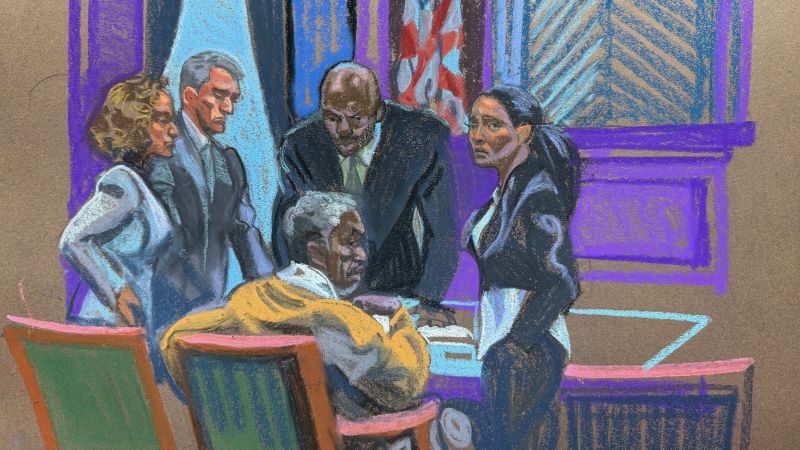Trump Declares 'Spectacular Success' After US Strikes on Iranian Nuclear Sites

Washington, D.C. – President Donald Trump has hailed the United States' recent military strikes on Iran as a “spectacular military success,” marking a significant escalation in tensions between the two nations. The strikes, confirmed late Saturday night, targeted what the U.S. administration described as three key Iranian nuclear facilities.
The announcement, made via Trump’s social media platform, came after hours of heightened alert and speculation regarding potential retaliation following recent regional incidents. While details surrounding the specific targets and the extent of the damage remain limited, the White House has asserted that the operation was carefully planned and executed to minimize civilian casualties and focus solely on facilities directly involved in Iran’s nuclear program.
“Last night, at my direction, we removed Soleimani from the battlefield. Now, we have taken decisive action to ensure the Iranian regime can never develop nuclear weapons,” Trump stated. He further emphasized the commitment of the United States to protecting its interests and those of its allies in the region.
International Reaction and Concerns
The strikes have been met with a mixed response from the international community. While some allies have expressed understanding of the U.S.’s security concerns, others have voiced deep concerns about the potential for further escalation and the destabilizing effect on the Middle East.
European leaders, including those from Ireland, have called for restraint and urged all parties to de-escalate the situation through diplomatic channels. The European Union’s foreign policy chief, Josep Borrell, issued a statement expressing his “grave concern” and emphasizing the need for dialogue to resolve the crisis.
“We must avoid any actions that could lead to a further escalation of tensions in the region,” Borrell said. “Diplomacy remains the only viable path forward.”
Iran’s Response and Potential Retaliation
Iranian officials have condemned the strikes as a violation of international law and have vowed to retaliate. The Iranian Foreign Ministry has summoned the Swiss ambassador, who represents U.S. interests in Iran, to protest the attacks. While the exact nature of Iran’s response remains unclear, analysts warn that the country possesses a range of capabilities, including missile technology and proxy forces operating throughout the region.
The possibility of cyberattacks and attacks on U.S. interests in the region are also being considered as potential avenues for retaliation.
Future Implications and Regional Stability
The situation remains highly volatile, and the long-term implications of the U.S. strikes are still unfolding. Experts warn that the strikes could trigger a wider regional conflict, drawing in other countries and exacerbating existing tensions.
The international community is under increasing pressure to facilitate a diplomatic solution and prevent a further escalation of hostilities. The focus now shifts to whether both sides are willing to engage in meaningful dialogue and de-escalate the situation before it spins further out of control.
The U.S. administration has indicated that it is open to negotiations, but has also made it clear that it will not tolerate any further threats to its national security or the security of its allies. The coming days and weeks will be critical in determining the future course of events in the Middle East.





